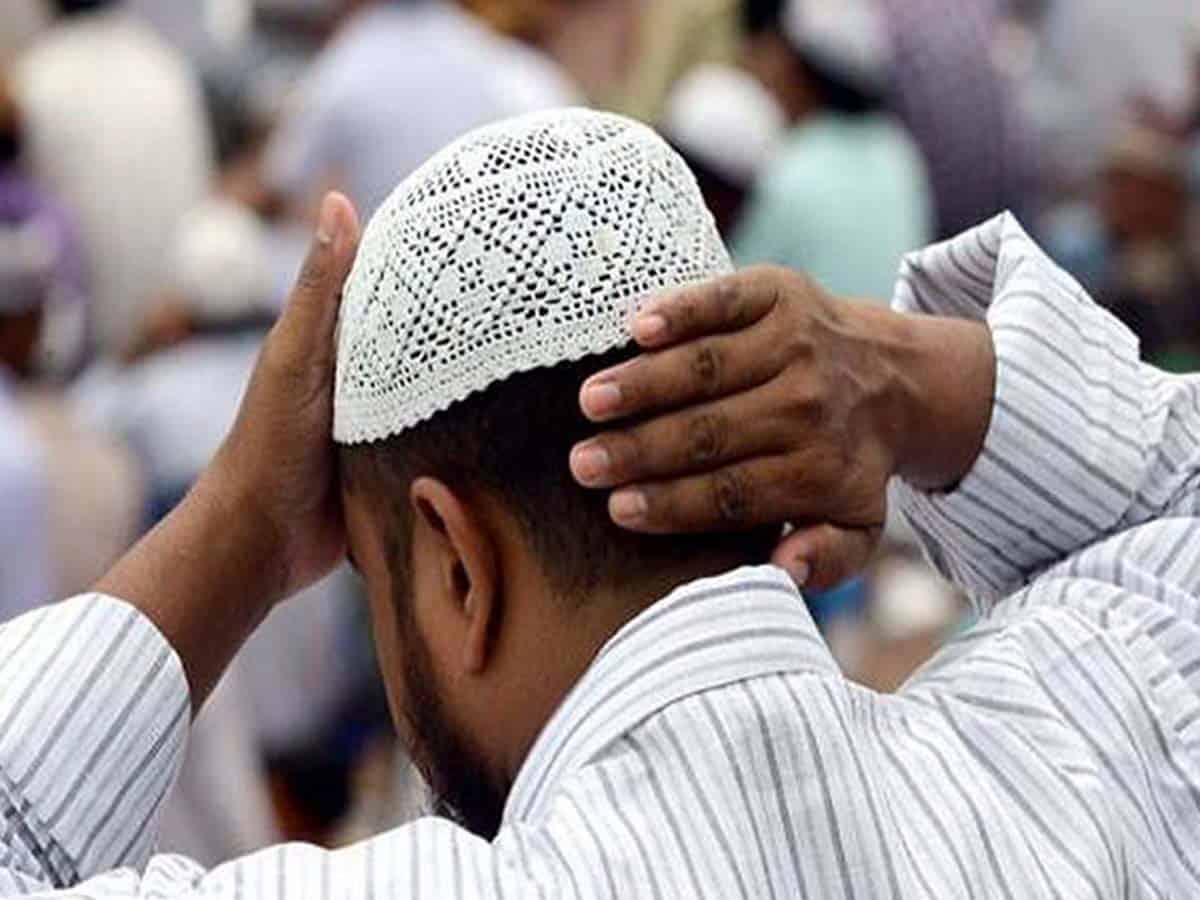
Greater Noida: An unreported incident has come to light, where Hindu residents objected to a small group of Muslim occupants of the same residential society, from holding congregational prayers in the evening after the end of the day’s fast, during the recently concluded month of Ramzan in the Greater Noida Township in the NCR.
The Muslims of the residential society were also forced to stop Taraveeh, the special congregational prayer organized solely during the holy month of Ramzan after the fasting hours.
Even though the prayer was being held in the common commercial building within the society after securing prior permission from the concerned authorities, the police were summoned to stop the prayer promulgating Section 144 in the area.
This has happened in a middle-class upscale gated apartment complex in Greater Noida, part of the Delhi NCR.
In most residential complexes, such common spaces are either used – without objections from any quarter – for small family parties or community functions, including religious ceremonies, especially of the Hindus, but in this case, since Muslims were involved in religious activity, their held congregational prayers become a public row.
The incident in Greater Noida points to the onset of a systemic and institutional bias against Muslims for any form of assembly even if it is for devotional purposes in India.
The message behind the protest by local residents of the society was their diktat that Muslims can live in Hindu majority colonies provided they do not ‘look’ like Muslims in public spaces. They must not publicly flaunt their religious identity or do any collective religious activity in public spaces.
The latest incident of protest in Greater Noida was from relatively ‘well-off’ people who were reasonably educated and can speak English comfortably. This group of people does not comprise the traditional political constituency of the Sangh Parivar but in fact, represents intelligentsias and white-collar communities.
The incident in Greater Noida highlights the grand design of invisibilisation of Muslims in the public space. This design is being attempted by middle-class Hindus in cities and towns across several states of India.
This design has a spiraling impact as it is seen that innumerable Muslims do not like to be identified as Muslims in public places. This could be because of their common demeanor, attire, or other characteristics they can be singled out. As a result, they have stopped acting in ways that they can be identified as Muslims. This invisibilisation of Muslims is a new trend in the changing India.
